That was a headline I saw the other day of quoting a woman arrested for her part in the riot at the Capitol by Trump supporters on January 6. I didn’t read the article, so I don’t know if this was a real moment of self-awakening or simply an excuse to escape the charges against her. I hope it is the former.
There’s no shame in believing a lie. It happens to all of us. Some people are great liars, telling us stories we desperately want to believe. The chance for healing comes when we begin to suspect that what we believe isn’t true. Most of us immediately feel embarrassed and are tempted to draw back into the lie to preserve our reputation. But the opportunity for growth always comes from exploring the possibility that we are wrong and have something wonderful to learn.
That happened to me when a good friend back in my pastoring days said to me one day, “Don’t you think that sermon you preached Sunday was the most manipulative talk you’ve ever given?” Immediately, I felt defensive and wanted to argue. But this was a good friend, so I gave his words time to sink in and learn from them.
A friend of mine from the U.K. told me a story about one of the most audacious rebukes I’ve ever heard. After sharing something he was about to do, an older friend leaned in and, with a twinkle in his eye, said, “I love you too much to let you do something so stupid.” Fortunately, they were good enough friends that the younger man recognized the love behind the humor, and doing so saved him a lot of grief.
It’s no doubt the past election cycle has been a painful period for our country, no matter what side of the divide you’re on. Both sides characterized it as a fight between good and evil, God or Satan, saving the country or destroying it. I’ve hated most of the politics that have divided our families, pitted friends against each other, and caused an endless amount of anxiety and fear. One lady wrote me, “I have family and friends who I know to have good hearts, who raged against Trump and said they were praying for him to be assassinated, and family members who are leaders in ministry, holding out for the “Red Sea miracle” that was going to overturn the election and keep Trump in office a second term.”
But I do not come through this season discouraged. Instead, I’m hopeful. In a conversation Sunday, I was expressing how God has been opening their eyes to a better way of thinking that has caused them to question some of their earlier positions. That’s the only way growth happens. If we think we already know everything we need to know, we are in dire straits.
Over the past few months, I’ve found myself on a course through Isaiah, Hosea, and Micah. Almost every day, I read words and phrases in those ancient books that corresponded to the days in which we find ourselves. I am encouraged when the Scripture is as fresh as the morning’s news and so much more enlightening.
I realize the circumstances are very different. Israel was God’s people in a theocracy of his choosing, while we are a democratic republic being polarized by two political parties. Still, I’m amazed at how specifically the lessons God was giving Israel apply in our context today.
Many people prophesied five years ago that Trump was a Cyrus figure, anointed by God to protect Christianity from the ravages of secularism. Even though I heard that from people I respected, I didn’t sense the touch of God on it, especially when it came from people pushing Christian Nationalism as a viable political matrix for followers of Jesus. They also used it as an excuse to give Trump their unquestioned loyalty and not challenge or even acknowledge the unseemlier side of his character or his shoot-from-the-hip foreign policy.
Even though I didn’t think Trump was a modern-day Cyrus, I appreciate why many of my friends supported his policies and his judicial appointments. I was grateful for many of them myself, but not enough to ignore his deficiencies. I understand why Israel turned to Egypt and why besieged Christians turned to Trump. They may have their flaws, but they are not nearly as bad as the enemies we’re facing.
But the prophets of Israel who pointed to Egypt were wrong, seeking their help in horses and chariots instead of turning to God. By trying to save themselves, they resisted the work God wanted to do in them. When the same leaders who told us Trump was our Cyrus prophesied with absolute certainty that Trump would win a second term, I was even more skeptical. They were like football prognosticators on the football pre-game shows, telling us why our team will win. They even had a 50% chance of getting it right and still missed.
When they were proved wrong, many of them doubled down on their error, prophesying the “Red Sea miracle” that would occur and overturn the election. That’s what fed some of the passion behind the January 6 attack on the Capitol. When they turned out to be wrong yet again, most still did not repent but blamed the church for not praying hard enough or deflected by telling people, “Who cares who said what; it’s time to win souls.”
Now, read these words from Micah for the prophets of Israel’s day and tell me they don’t apply equally well today for those who put their hope in a man rather than on God.
Here is God’s Message to the prophets, the preachers who lie to my people: “For as long as they’re well paid and well fed, the prophets preach, ‘Isn’t life wonderful! Peace to all!’ But if you don’t pay up and jump on their bandwagon, their ‘God bless you’ turns into ‘God damn you.’ Therefore, you’re going blind. You’ll see nothing. You’ll live in deep shadows and know nothing. The sun has set on the prophets. They’ve had their day; from now on it’s night. Visionaries will be confused, experts will be all mixed up. They’ll hide behind their reputations and make lame excuses to cover up their God-ignorance.” (5-7, The Message)
The leaders of Jacob and the leaders of Israel are leaders contemptuous of justice, who twist and distort right living, leaders who build Zion by killing people, who expand Jerusalem by committing crimes. Judges sell verdicts to the highest bidder, priests mass-market their teaching, prophets preach for high fees, All the while posturing and pretending dependence on God. (9-12, The Message)
Harsh words, indeed, and not all of them apply, but a lot of them do. Many of our religious leaders have failed in this time to invite our hearts to God and instead placed their hopes in the conventions of humanity. They allied with the wrong agenda, and even when their lies were exposed, they have refused to repent. Instead, they hid behind their reputations and made “lame excuses” to cover up their ignorance of what God was actually doing.
They fought to build their audience by pandering to what people wanted to hear, and many of them charge exorbitant amounts of money to take their “ministry schools” or be on their select mailing lists. We don’t need to blame them or exact a pound of flesh for their failures, but it ought to give us all an opportunity to say maybe these men and women shouldn’t have my ear. Maybe I got caught up in what I hoped to be right instead of what really was.
If you got distracted from your relationship with Jesus by the angst and anger of the politics of our time, now would be a good time to return to the Lord. We can freely participate in politics as citizens of the U.S., but we dare not put our hope there. Please don’t get caught up in the Biden hatred; it will only further crush your soul. All that is still humanity’s kingdom. We’re part of a more powerful kingdom that, even now, is infiltrating every corner of the globe. That kingdom transcends politics and spreads not as we fight each other but as we love our neighbor and, yes, even our enemies.
Remember, God’s salvation for Israel was not found in resisting Babylon but seeing him in their disappointed hopes and expectations. We can, too. There may be rough times ahead, but one day a trumpet will blast from heaven, and voices will call out,
“The kingdoms of this world are become the kingdoms of our Lord and of His Christ, and He shall reign for ever and ever!” (Revelation 11:15)
Until then, we have only to remain faithful to him, to love as we are being loved, and to watch the hand of God move in the earth. These are great days!
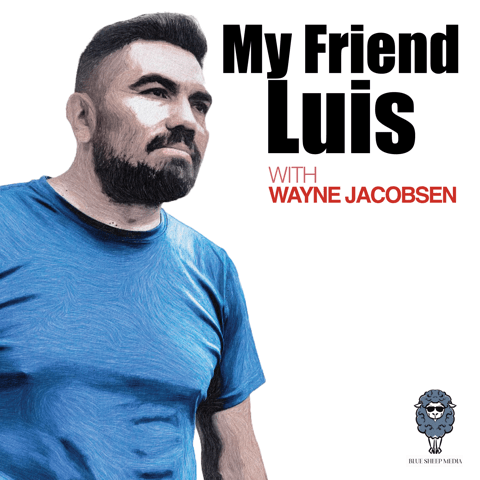 “It was a real treat to hear the first episode of My Friend Louis. We listened like we were in a movie. We were both disappointed to actually reach our destination before it ended. We wanted to keep it going. You guys did a fantastic job with this.” — Jeff
“It was a real treat to hear the first episode of My Friend Louis. We listened like we were in a movie. We were both disappointed to actually reach our destination before it ended. We wanted to keep it going. You guys did a fantastic job with this.” — Jeff



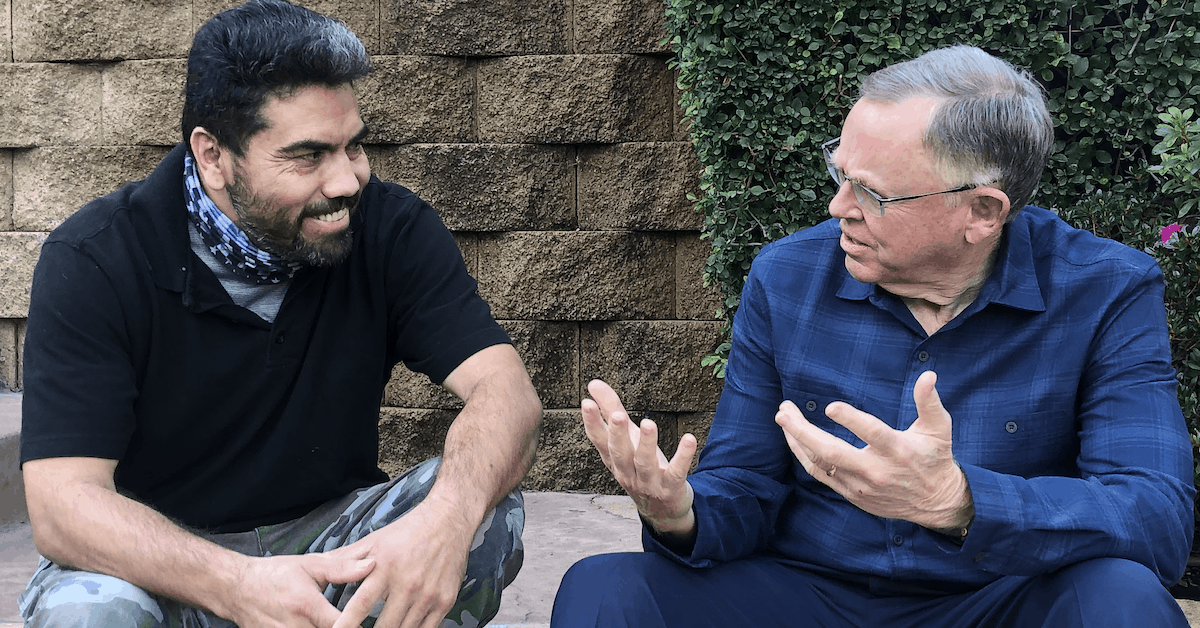
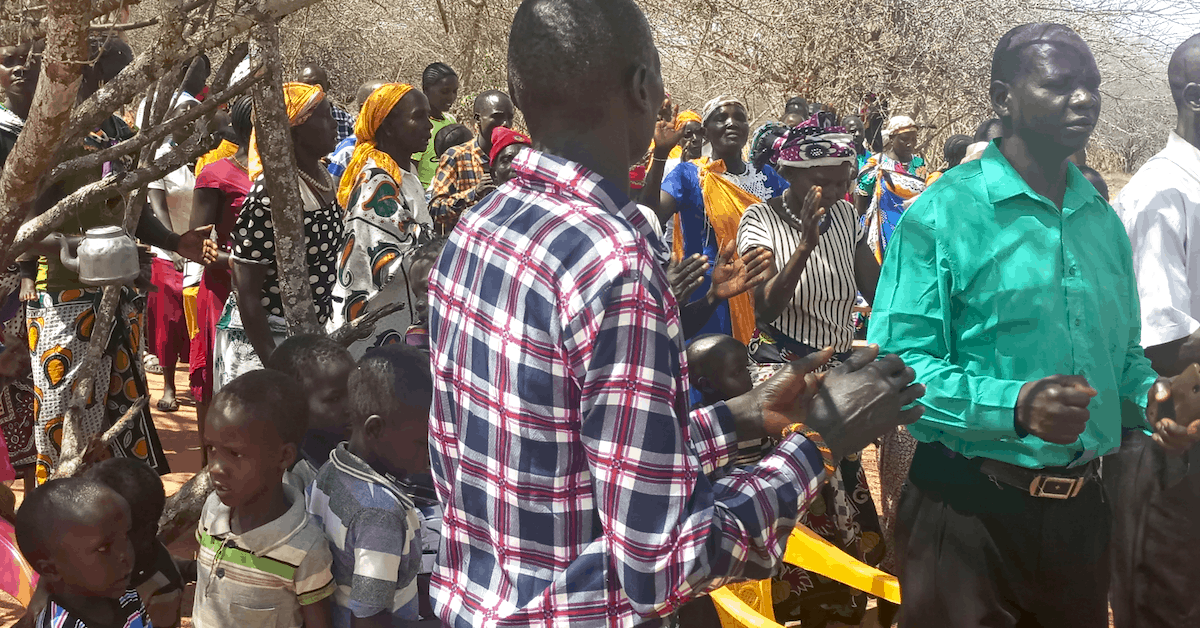
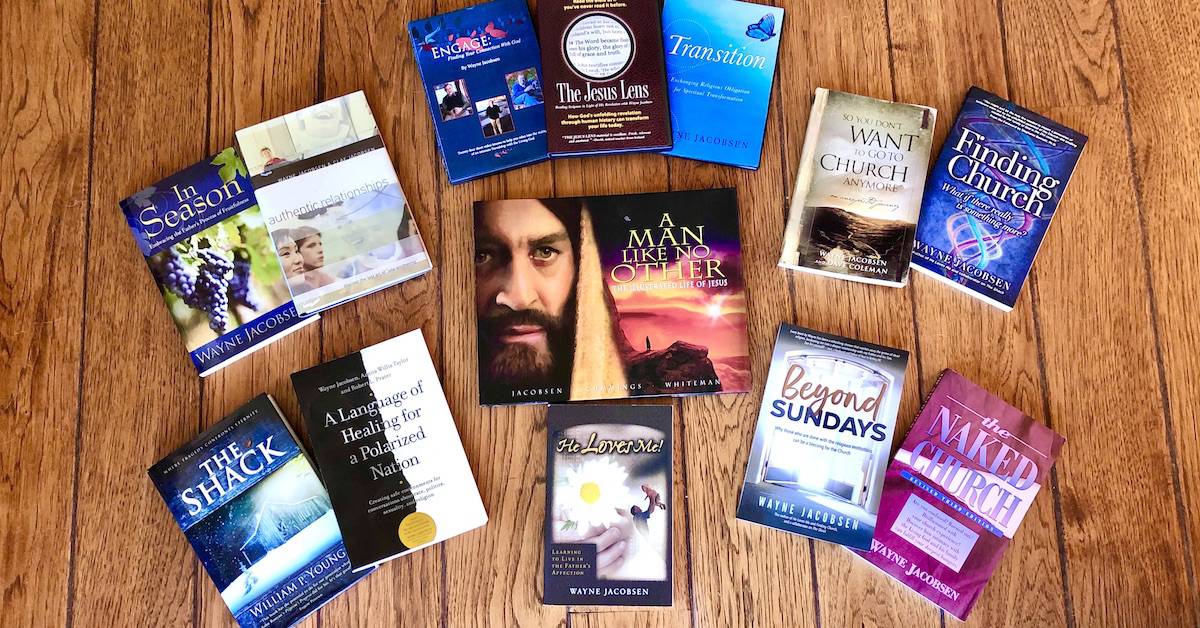
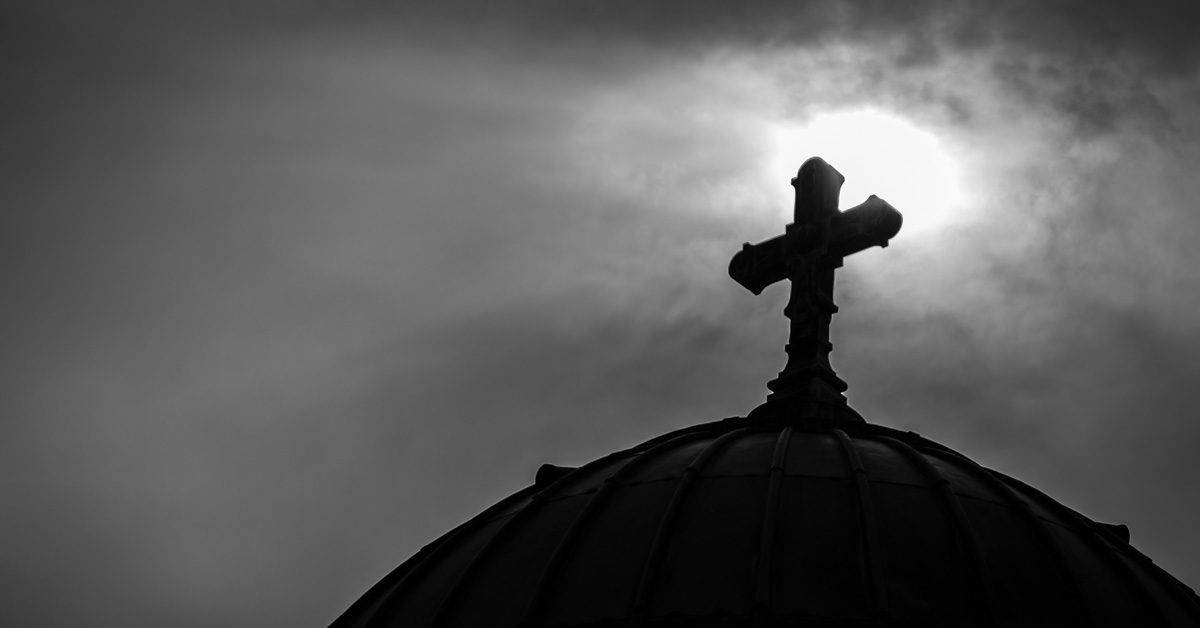
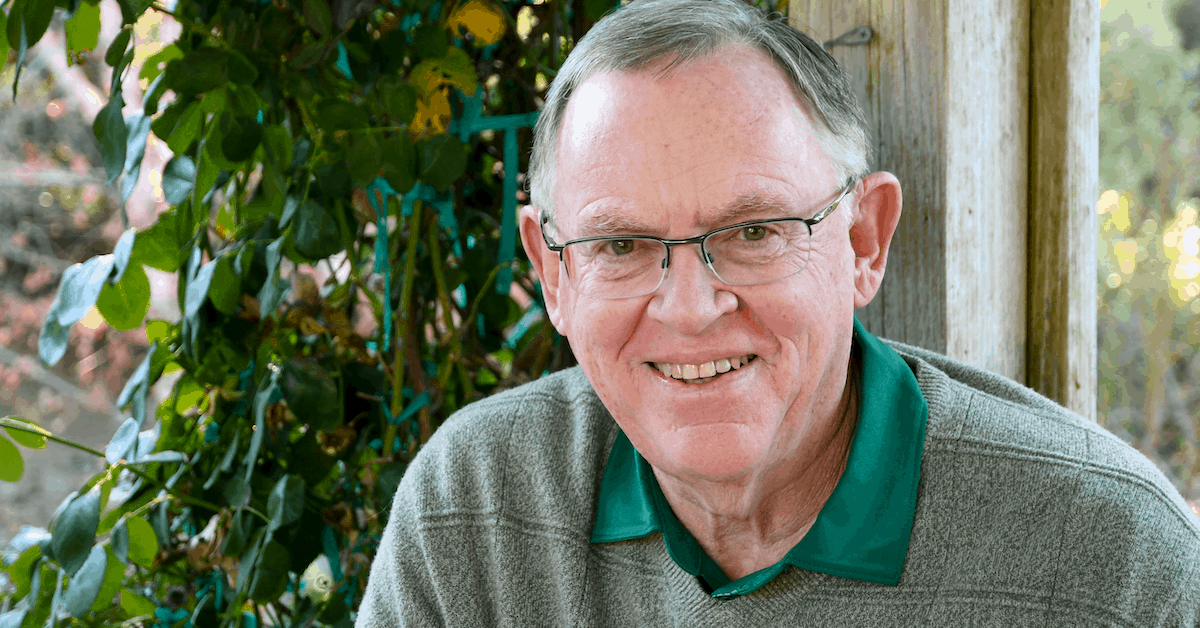
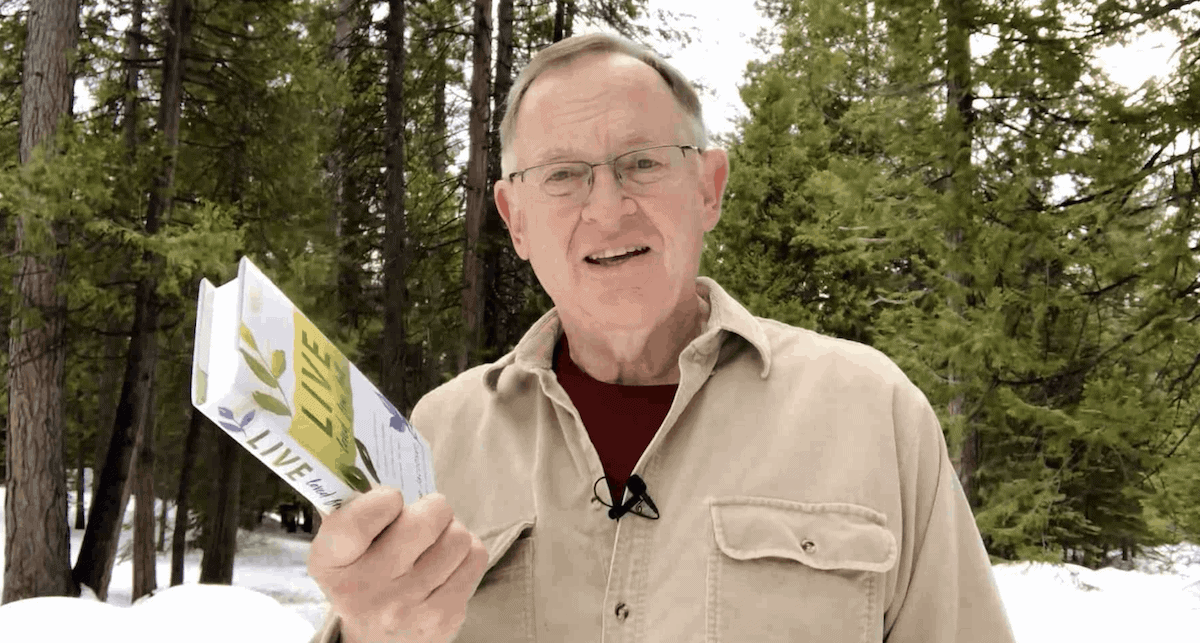
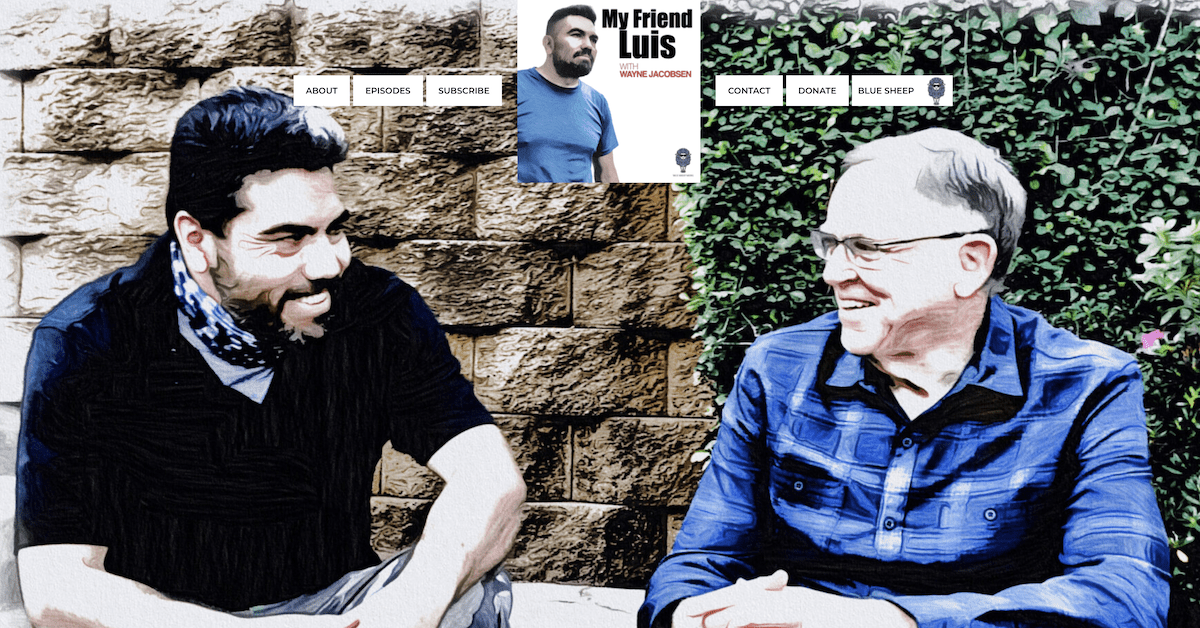

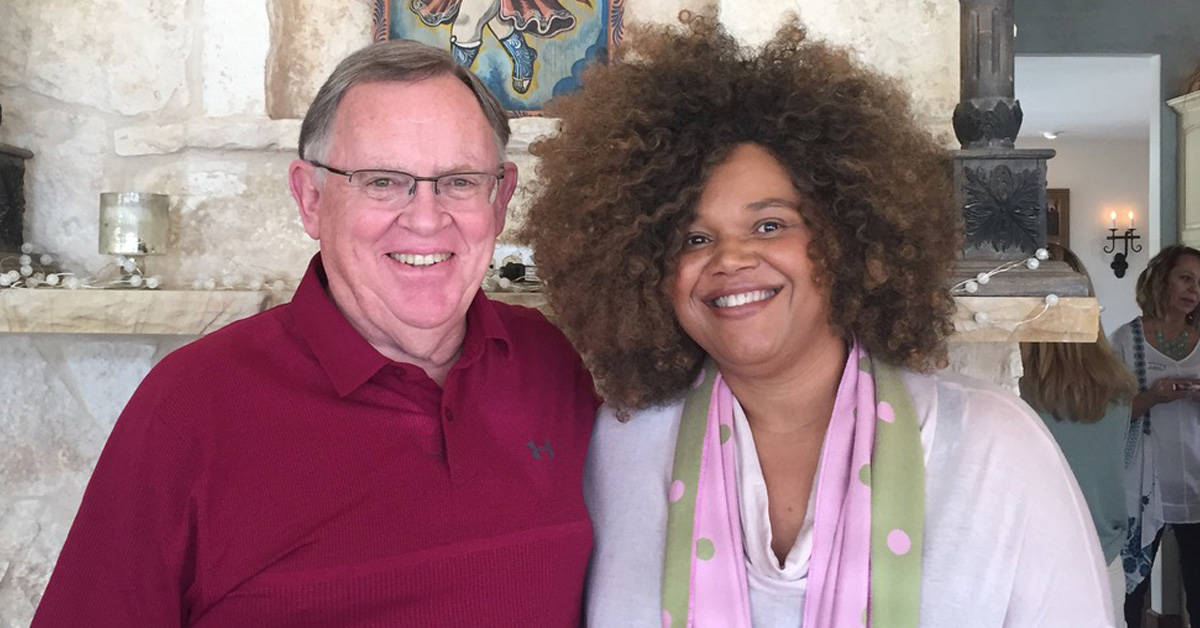
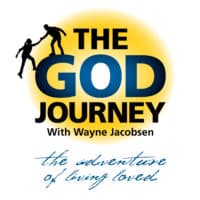 This time, however, I’m going to limit the room to about 25 people so we can have more of an interactive conversation. However, I will also be streaming it live on
This time, however, I’m going to limit the room to about 25 people so we can have more of an interactive conversation. However, I will also be streaming it live on